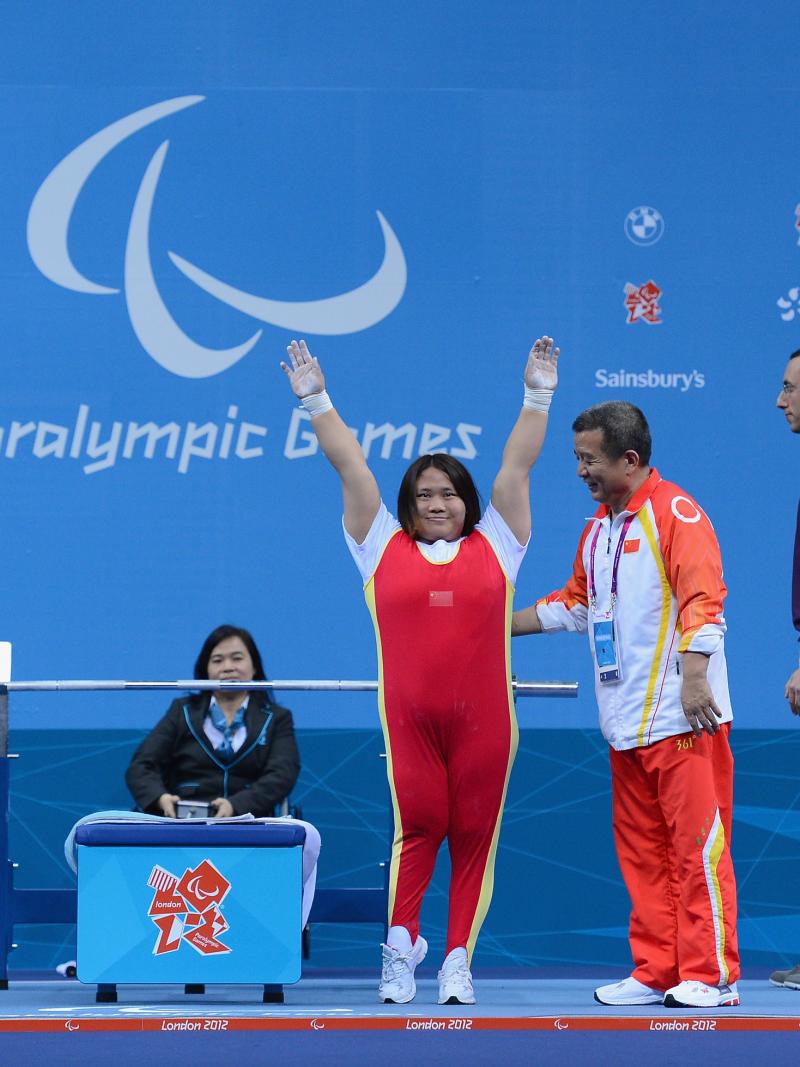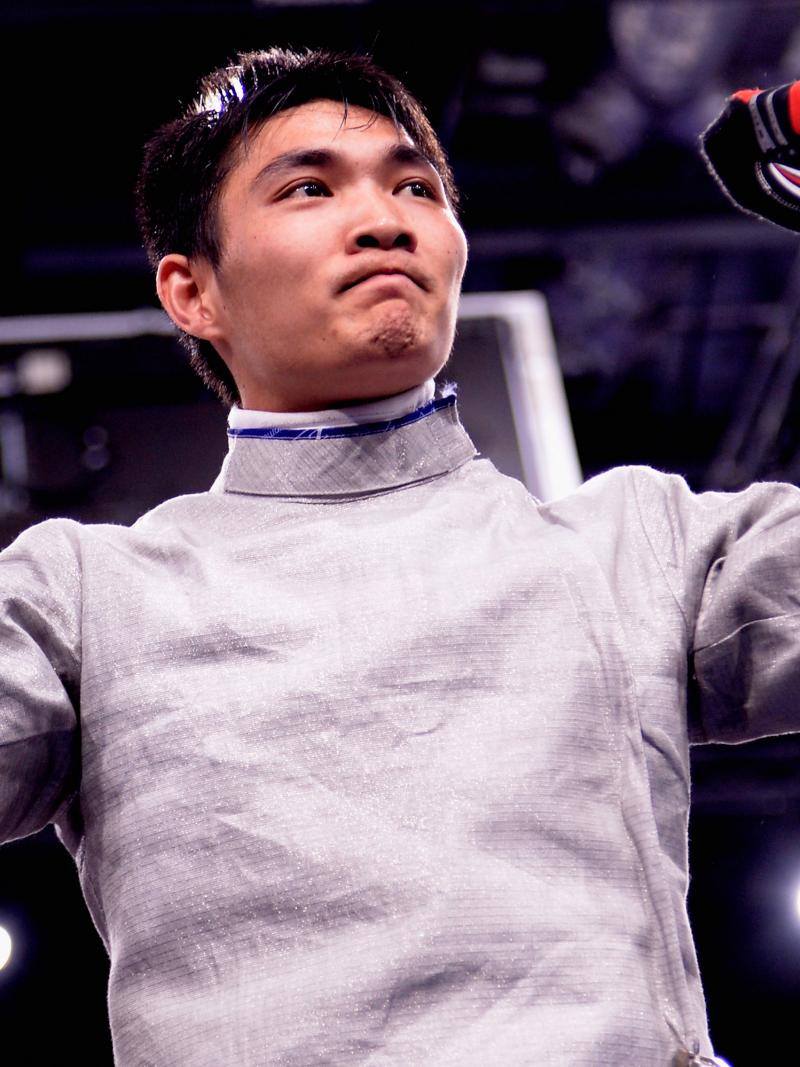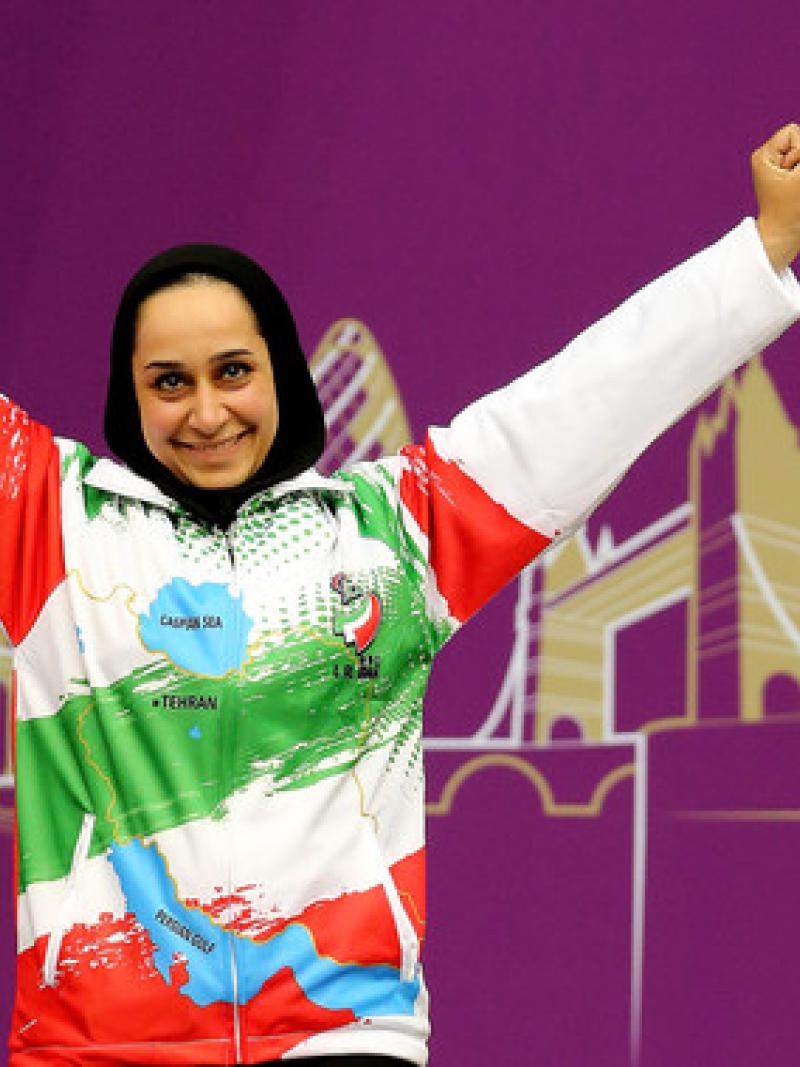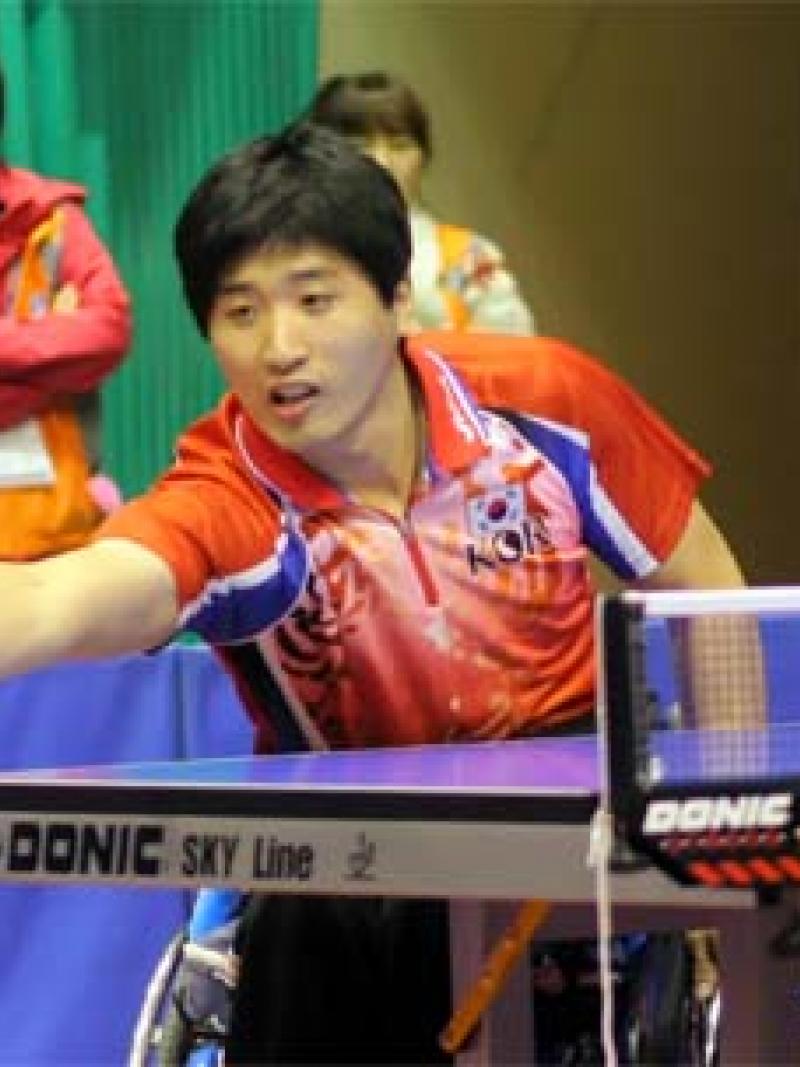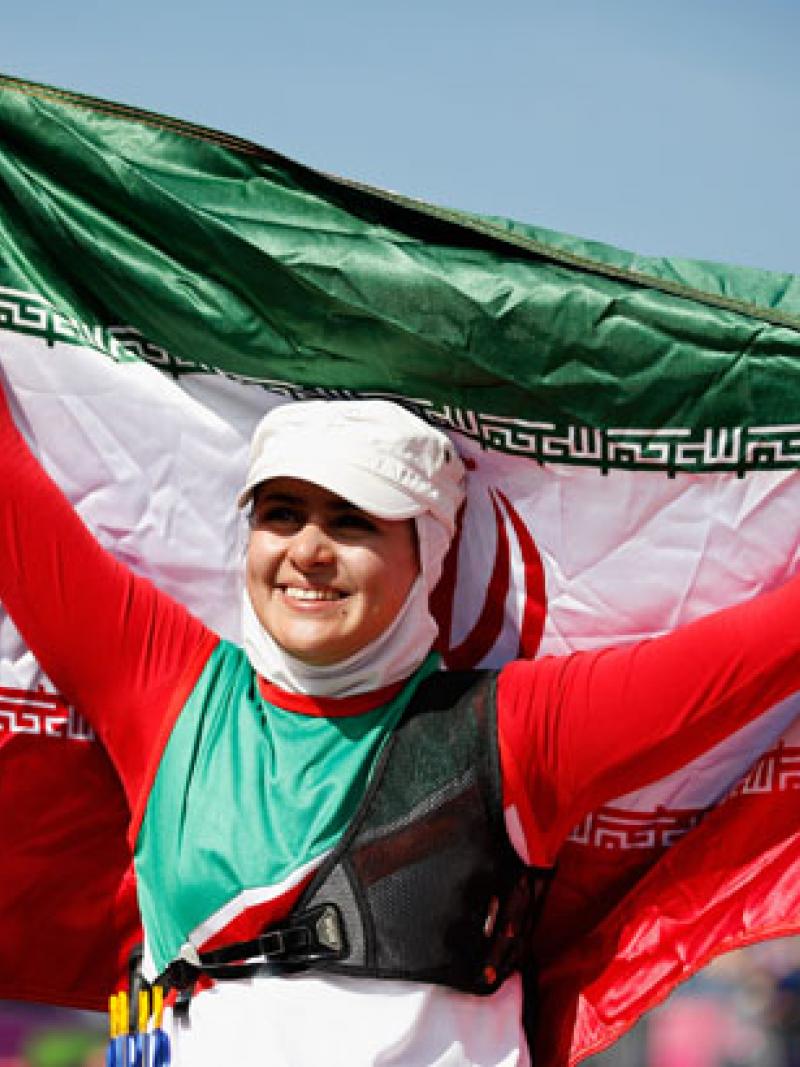Japan looking to change fortunes in Incheon
The Japanese women’s goalball team have struggled to replicate their success of London 2012, and are looking to improve at the Asian Para Games. 15 Oct 2014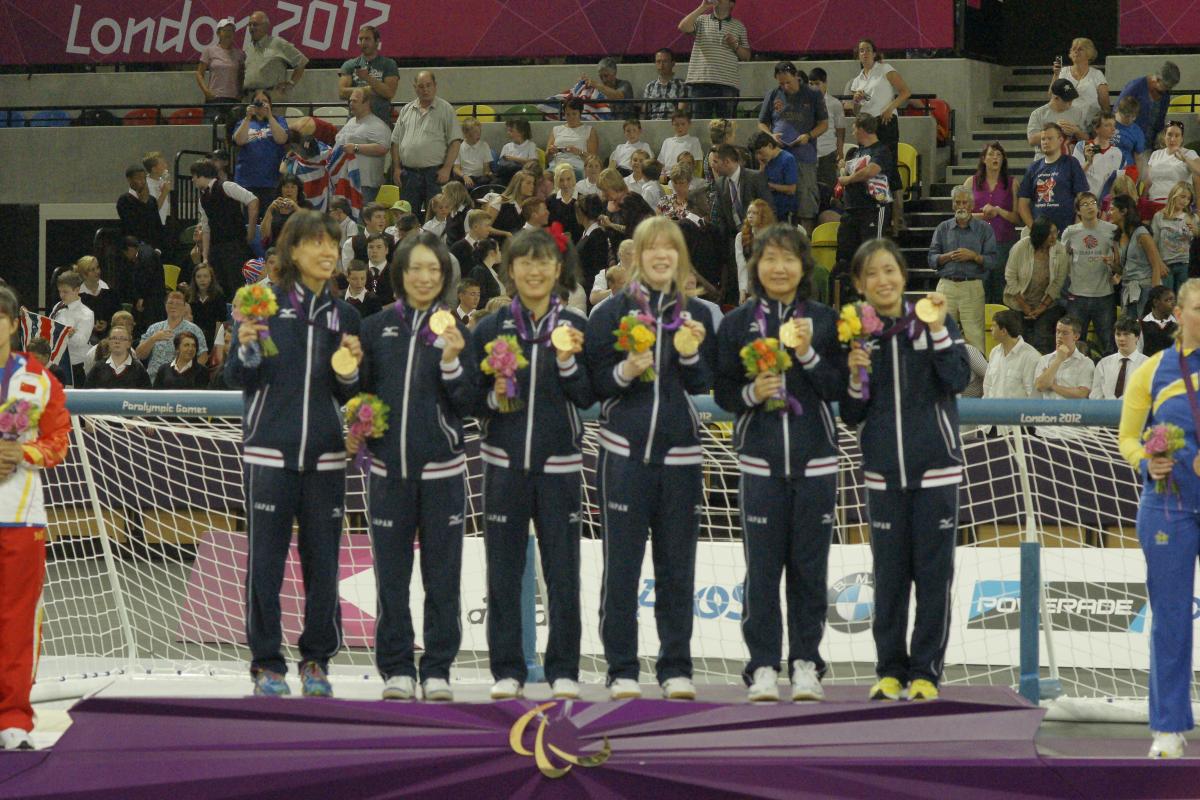
The women's goalball team of Japan was on top of the podium at the London 2012 Paralympic Games.
“There is only a fine line between all teams in competitions including preliminary rounds.”
The Incheon 2014 Asian Para Games will provide a strong test for the Japanese women’s goalball team as they take to the court in South Korea, between 18-24 October.
That is according to their general manager, Naoki Eguro, who knows that after winning gold at the London 2012 Paralympic Games, their fortunes have been mixed – something they are looking to put right in Incheon.
“There is only a fine line between all teams in competitions including preliminary rounds,” said Eguro.
“So it is very important to keep our team in the best condition.”
The Japanese women were surprise victors at London 2012. After beating Sweden in a sudden-death thriller during the semi-finals, they advanced to win 1-0 in the final against China.
But China got their revenge at the IBSA Goalball Asia-Pacific Championships in 2013, beating Japan 3-0 in the final.
And a 3-0 defeat to Turkey in the bronze medal match at the 2014 IBSA Goalball World Championships, means their presence at Rio 2016 is still undetermined.
“What we learned is that the competition levels and strengths in goalball are rising well,” said Eguro.
Following the victory, the Turkish women joined the USA and Russia, along with the Finland and USA men’s teams, in qualifying for the Paralympics. Brazil, as host nation, also holds spots for both its men’s and women’s teams.
Now a veteran on the world stage, Japan’s Akiko Adachi was only 24 when she competed in her first Paralympic Games in Beijing, China, in 2008. While she helped her team to a 3-1 victory against the Chinese hosts, Japan did not advance past the preliminary round.
Four years later in London, Adachi led her team in a comeback that ended in Paralympic gold. Japan’s 4-3 victory against Sweden in the semi-finals paved the way for a rematch against China.
Adachi’s single goal in the fourth minute of the final match was enough to give Japan the narrowest of victories against their old rivals.
Eguro said his team is looking forward to competing against China once again when they face each other in Incheon, and believes they will also face stiff competition from Iran, who Japan beat in the semi-finals of 2013’s Asia Pacific Championships.
“These two teams have very excellent strengths in both offense and defense,” he said.
The Asian Para Games bring together athletes from 41 countries to compete in 23 sports.





